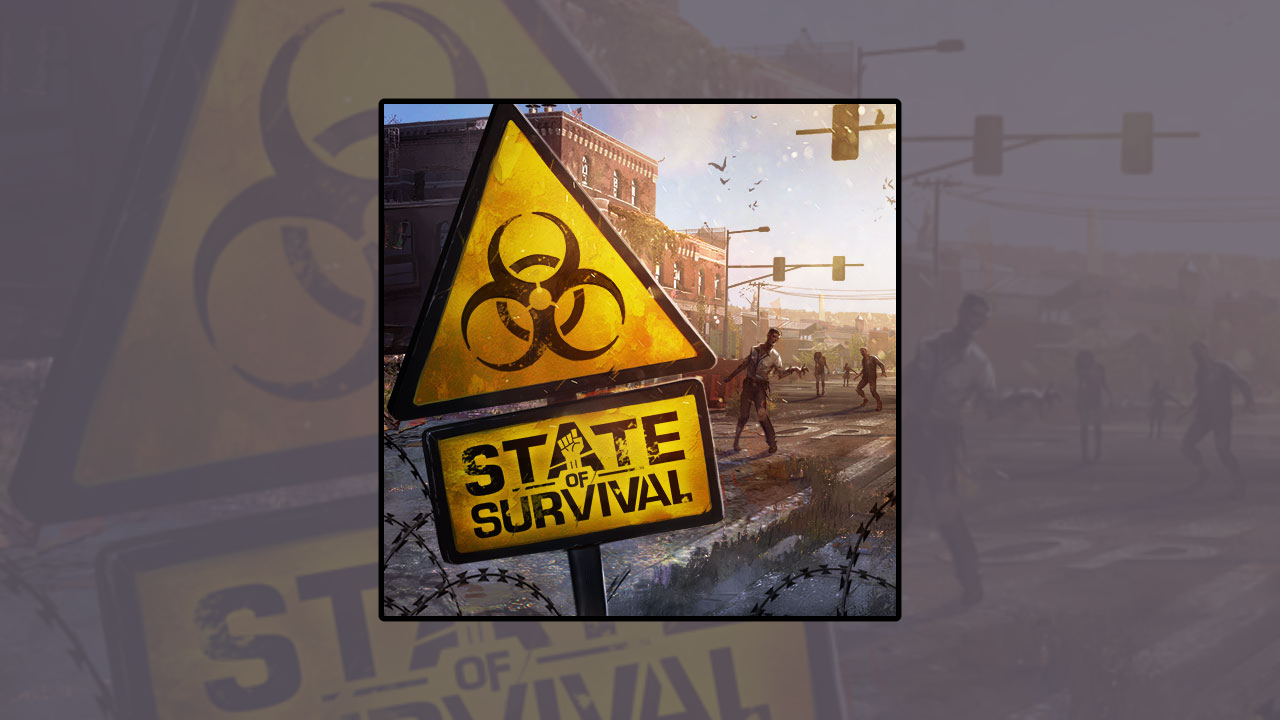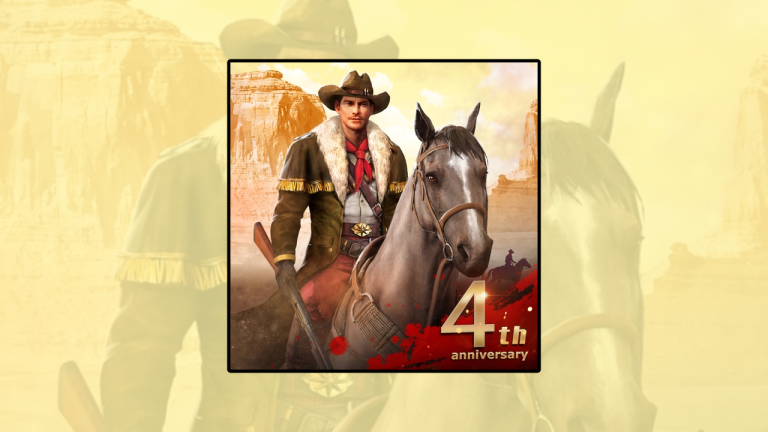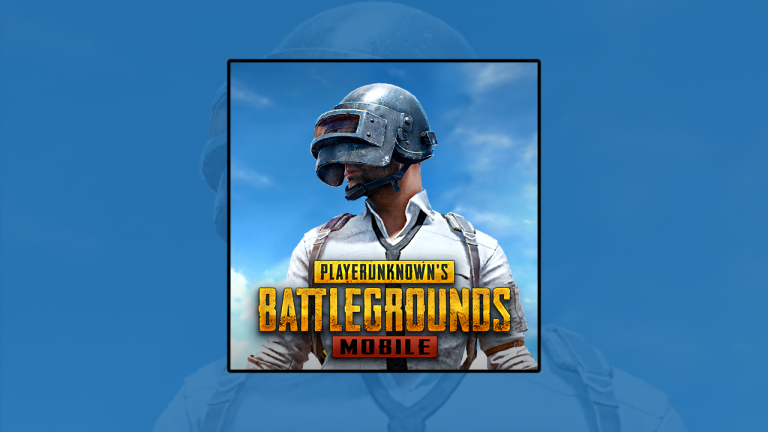State of Survival Tips and Tricks: How We Survived the Apocalypse
Hey there, fellow survivors! Welcome to the thrilling, zombie-infested universe of State of Survival. If you’ve stumbled upon this post, it’s clear you’re looking for some guidance in navigating this chaotic new world. And guess what? You’re in luck! We’ve been grinding, strategizing, and battling our way through this game for quite some time now.
From the eerie silence of abandoned cities to the adrenaline-pumping action against hordes of zombies, we’ve seen it all. And through our adventures (and misadventures), we’ve picked up a thing or two that we believe will help newcomers like you. So, buckle up, because we’re about to share some of our hard-earned wisdom to ensure you not only survive but thrive in this post-apocalyptic landscape. Let’s get started!
1. Laying the Groundwork: Mastering the Basics in State of Survival
Alright, let’s kick things off with the very foundation of your survival journey: the basics. Now, we know what you might be thinking. “Basics? I want to dive straight into the action!” Trust us, we’ve been there. But here’s the thing, without a solid foundation, you’re setting yourself up for a world of hurt.
Resource Management: One of the first things we learned was the importance of resources. Think of them as the lifeblood of your settlement. Whether it’s food from farms or lumber from mills, these resources are essential for almost everything you do. From building structures to training troops, you’ll need a steady flow of resources. So, always prioritize building and upgrading your resource-generating structures. It’s tempting to focus on the flashy stuff, but remember, a well-fed army fights better!
Balancing Act: As you progress, you’ll notice that some resources are used more frequently than others. It’s a delicate balancing act. We’ve often found ourselves with an abundance of one resource and a severe shortage of another. Regularly check what you have and adjust your production accordingly. If you see you’re running low on something, shift your focus to that.
Storage and Protection: Here’s a tip we wish someone had told us earlier: upgrade your storage! There’s nothing more frustrating than gathering resources only to find out you’ve hit your storage limit. Plus, with better storage, you can protect more of your resources from potential raiders. Because, let’s face it, in a world filled with zombies, other players can be just as dangerous.
So, before you set out to conquer the world or take on that massive horde of zombies, make sure your home base is in order. Trust us, a strong foundation will pave the way for all the epic adventures ahead!
2. The Power of Unity: Why Joining an Alliance is a Game-Changer
Diving into the world of State of Survival can feel a bit overwhelming, especially when you’re going solo. But here’s a secret we learned early on: there’s strength in numbers. That’s where alliances come into play. Let’s break down why joining an alliance isn’t just a good idea, but a game-changing move.
Shared Resources and Help: Ever started a building upgrade and felt like it’s taking forever? We’ve been there. But when you’re in an alliance, members can help speed up your construction and research times. It’s like having a team of buddies giving you a boost when you need it most. Plus, some alliances have shared resource banks, so if you’re running low on something, a fellow member might just have your back.
Defense and Backup: Remember that time when a neighboring settlement decided you looked like an easy target? Yeah, not fun. But when you’re part of an alliance, suddenly you’re not alone. Members can come to your aid, reinforcing your defenses or even launching counter-attacks. It’s a whole different ball game when attackers realize they’re not just messing with one player, but an entire alliance.
Shared Knowledge: One of the underrated perks of being in an alliance is the shared pool of knowledge. Got a question about a particular strategy or need advice on troop formations? Chances are, someone in your alliance has been there and done that. We’ve learned so much just by chatting with our alliance mates and sharing experiences.
Special Events and Rewards: State of Survival often hosts alliance-specific events. These events can be a goldmine for exclusive rewards and bonuses. By participating alongside your alliance members, you can achieve milestones and earn goodies that would be tough to get on your own.
Social Aspect: Let’s not forget the social side of things. Playing a game is always more fun when you’re sharing the experience with others. We’ve made some genuine friends through our alliance, and the camaraderie makes the game that much more enjoyable.
In a nutshell, while it’s entirely possible to go solo in State of Survival, being part of an alliance opens up a world of benefits and opportunities. So, if you’re looking to elevate your game and make some friends along the way, finding a good alliance is the way to go!
3. Scouting 101: The Art of Knowing Before Going
Alright, let’s talk about one of the most underrated moves in State of Survival: scouting. We’ve all been there, itching to launch an attack, confident in our might. But here’s a lesson we learned the hard way: diving in blind can lead to some nasty surprises. That’s why scouting is your best friend. Let’s dive deeper into why this simple action can make or break your game.
Knowledge is Power: When you send out a scout, you’re essentially getting a sneak peek into what lies ahead. Whether it’s a zombie-infested area or another player’s settlement, scouting provides valuable intel. You’ll get details on troop numbers, defenses, resources, and more. This information is gold. It helps you decide whether to attack, wait, or even retreat.
Strategize Your Attack: Once you have the intel from scouting, you can plan your attack more effectively. For instance, if you know the enemy has a large number of infantry units, you can tailor your troops to counter that. Or if you see they have a ton of resources ripe for the taking, you might decide to go all in. Without scouting, you’re essentially guessing, and in a game of strategy, that’s a risky move.
Avoid Unnecessary Losses: We’ve had our fair share of overconfidence, thinking we could take on a particular settlement or area, only to face heavy losses. Scouting helps prevent this. If you see that an opponent is too strong or has defenses you’re not prepared for, it’s better to hold off and live to fight another day. Remember, rebuilding after a heavy loss can set you back significantly.
Gauge Player Activity: This is a subtle benefit of scouting, but a crucial one. By scouting, you can sometimes gauge how active a player is. If their defenses are low and resources are piling up, they might be offline or not paying attention. This can be the perfect opportunity to strike. On the other hand, a constantly changing settlement indicates an active player who might be ready for your move.
Mental Edge: Lastly, there’s a psychological aspect to scouting. When other players see that they’re being scouted, it can put them on edge. They might bolster their defenses or even reach out to negotiate. Either way, you’re now in a position of control, dictating the pace of the game.
In conclusion, while the thrill of battle and the allure of a surprise attack can be tempting, scouting is where the real magic happens. It’s a blend of strategy, foresight, and patience. So, before you make your next move, send out those scouts and arm yourself with the best weapon of all: knowledge.
4. Active Troops, Happy Settlement: Keeping Your Forces Engaged
So, you’ve built up a decent army and you’re feeling pretty good about it. But here’s a tip we learned after a few idle days and missed opportunities: an army is only as good as its activity. Let’s dive into why keeping your troops busy is not just a good strategy, but essential for thriving in State of Survival.
Resource Gathering: One of the primary roles of your troops is to gather resources from the map. Whether it’s hunting for food, lumber, or other essentials, sending your troops out to gather is a continuous source of income. We’ve found that regularly dispatching troops to resource tiles ensures a steady inflow, keeping our settlement well-stocked and ready for action.
Training and Experience: Just like in real life, practice makes perfect. Regularly engaging your troops in skirmishes, even minor ones, helps them gain experience. Over time, this can lead to a more formidable and efficient fighting force. We’ve often sent our troops on smaller missions just to keep them sharp.
Defending the Territory: Idle troops can be a beacon for potential attackers. It signals that you might be complacent or not actively monitoring your settlement. By keeping troops active, whether patrolling or defending, you send a clear message to would-be attackers: “We’re ready, so think twice.”
Building and Expansion: Troops aren’t just for fighting and gathering. They play a crucial role in expanding your territory and building new structures. We’ve often used our troops to clear out infected areas, making way for new buildings and upgrades. It’s a two-fold benefit: you get more space and resources, and your troops stay active.
Morale and Momentum: This might sound a bit abstract, but there’s something to be said about the momentum of continuous activity. Keeping troops busy creates a sense of progress and forward movement. It boosts morale and gives a sense of purpose, both for you as a player and for your virtual army.
Alliance Contributions: If you’ve heeded our earlier advice and joined an alliance, active troops can contribute to group missions and objectives. Helping out in alliance wars, reinforcing allies, or participating in joint resource gathering can earn you valuable alliance points and strengthen communal bonds.
In a nutshell, think of your troops as a dynamic, living force that thrives on action. An idle army can lead to stagnation, vulnerability, and missed opportunities. So, whether you’re on a mission to conquer, gather, or build, always keep those troops on their toes. After all, a busy army is a thriving army!
5. Unlocking Potential: The Magic of Research in State of Survival
Ah, the research lab. At first glance, it might seem like just another building in your settlement. But trust us when we say, it’s the unsung hero of State of Survival. We’ve spent countless hours diving into the intricacies of research, and the results? Game-changing. Let’s delve into why dedicating time and resources to research can propel your game to new heights.
Customized Advancements: One of the coolest things about the research lab is the sheer variety of upgrades available. Whether you’re looking to boost your troop’s combat abilities, speed up construction, or enhance resource gathering, there’s a research path for that. We’ve found that tailoring our research to our gameplay style has made a world of difference.
Long-Term Benefits: Some upgrades might seem minor at first, like shaving off a few seconds from building times or adding a small percentage to troop strength. But over time, these benefits compound. A few seconds saved here and there can translate to hours or even days in the long run. And that small boost to troop strength? It could be the difference between victory and defeat in a close battle.
Stay Ahead of the Competition: In the competitive world of State of Survival, every advantage counts. Regularly upgrading your research ensures you stay one step ahead of rival players. We’ve often found that the edge gained from advanced research can tip the scales in PvP battles and territory disputes.
Unlock New Features: Beyond just improving existing abilities, research can open up entirely new features and gameplay mechanics. From unlocking advanced troop types to accessing new building techniques, the research lab is a gateway to fresh and exciting content.
Resource Efficiency: As you progress in the game, you’ll notice that resources become increasingly scarce. Efficient management becomes crucial. Through research, you can optimize your resource gathering, storage, and usage. We’ve particularly benefited from research paths that increase resource yields and reduce wastage.
Alliance Synergy: If you’re part of an alliance (and you should be, as we mentioned earlier!), coordinated research efforts can amplify the benefits for all members. Some research paths boost alliance-wide stats, and sharing research goals and strategies can lead to a more cohesive and powerful group.
In conclusion, while it’s easy to get caught up in the immediate thrill of battles and building, the research lab is where long-term strategies come to life. It’s a space for forward-thinking, planning, and setting the stage for future dominance. So, the next time you’re pondering where to invest your resources, remember: the research lab holds the keys to unlocking your settlement’s true potential. Dive in, explore, and let the magic of research elevate your State of Survival experience!
Conclusion: The Journey of Mastery in State of Survival
Navigating the post-apocalyptic world of State of Survival is no easy feat. It’s a game filled with strategy, anticipation, and the thrill of the unknown. But as we’ve shared through our tips, the key lies in being proactive, informed, and always ready to adapt. Whether you’re laying the foundation with resources, joining forces in alliances, scouting potential threats, keeping your troops engaged, or diving deep into research, every decision shapes your path to survival.
But remember, the game is vast, and there’s always more to learn. As you continue your journey, we recommend diving into some of these fantastic resources that have helped us along the way:
-
State of Survival Wiki on Fandom: A comprehensive guide filled with tips and tricks that can make your in-game life much easier.
-
BlueStacks Game Overview: An in-depth guide to gameplay, heroes, and more. Especially useful if you’re playing on BlueStacks.
-
LevelWinner Advanced Guide: Dive into advanced strategies to boost your chances of survival against both zombies and other players.
The world of State of Survival is dynamic, challenging, and incredibly rewarding. With the right strategies and a bit of perseverance, you can not only survive but thrive in this post-apocalyptic landscape. So gear up, gather your allies, and let’s conquer this world together! Happy surviving!






